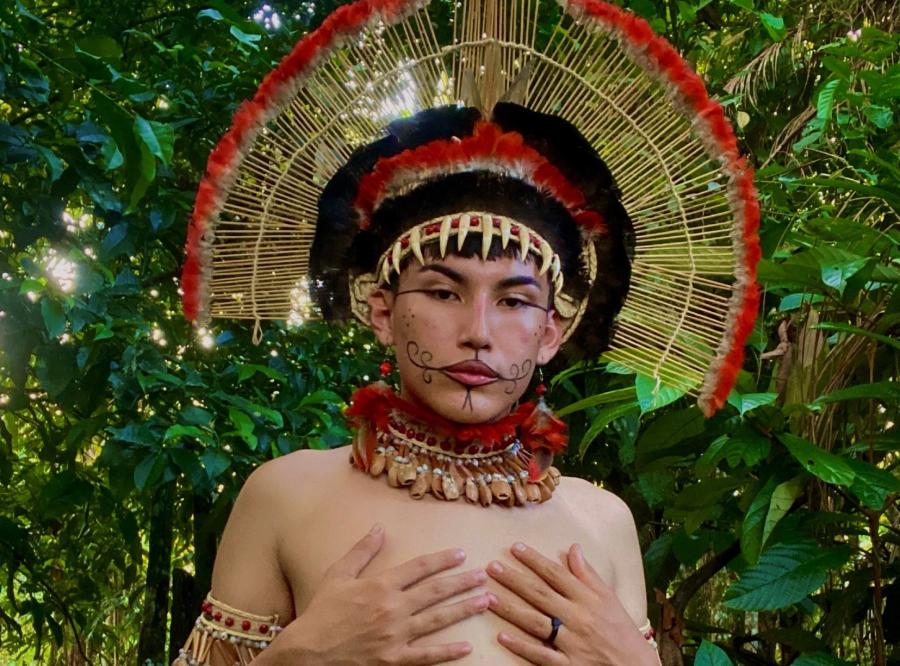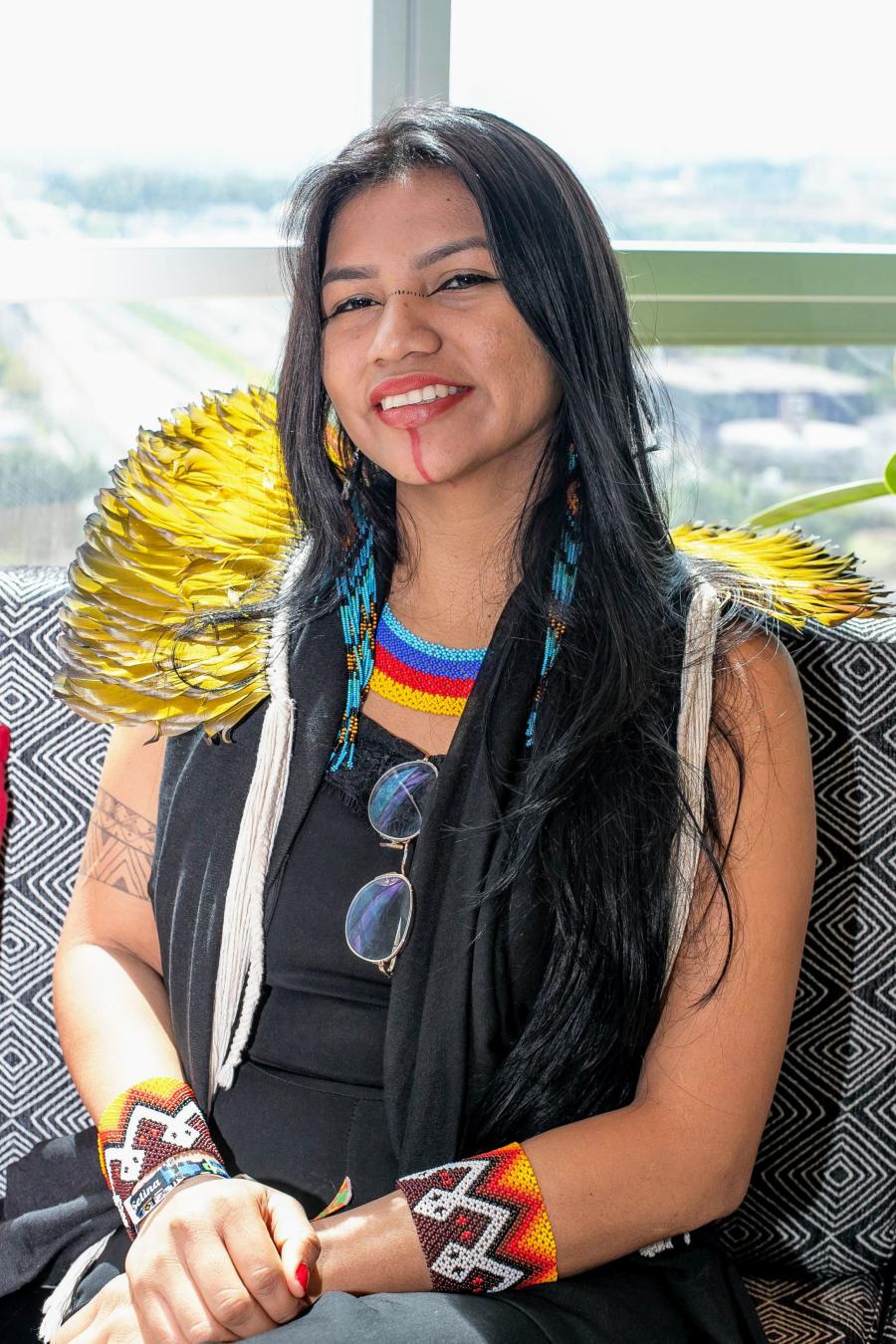On November 15th the Ingaricó, Macuxi, Patamona, Taurepang and Wapichana Indigenous Peoples of Raposa Serra do Sol, Brazil finally received a favorable decision from the Inter-American Commission on Human Rights. Commission found that the government’s treatment of Indigenous Peoples in Raposa may violate human rights is now in the final stage of reviewing the case and will soon issue a concluding report.
Since 2004, after submitting multiple documents and attending numerous hearings, the Indigenous Council of Roraima have been awaiting a postive answer from the Commission. For over thirty years the Indigenous Peoples of Raposa have been struggling to secure title to their lands. Rice growers have damaged the environment and committed violent crimes against local people. Cultural Survival's Global Response program participated in the campaign organizing several rounds of letter-writing to help protect Indigenous lands in Raposa Serra do Sol.
An admissibility decision by the Commission is usually followed by a final determination of violations. This decison can have a significant impact on the struggles of Indigenous Peoples throughout Brazil. If the Commissions rules that violations have occured, recommendations will be made and Brazil will have to remedy the problem. If Brazil does not comply, the Commission may transfer the case to the Inter-American Court of Human Rights in Costa Rica which has the power to issue binding decisions and award monetary compensation.
“The collective national and international pressure for reform and greater respect for the human rights of Indigenous Peoples in Brazil is increasing and all eyes are watching what the Government of Brazil will do next. This admissibility decision increases that pressure. We hope that Brazil seizes this opportunity to do the right thing” stated Dionito José de Souza, Coordinator of the Indigenous Council of Roraima.
Adapted from Rainforest Foundation press release


